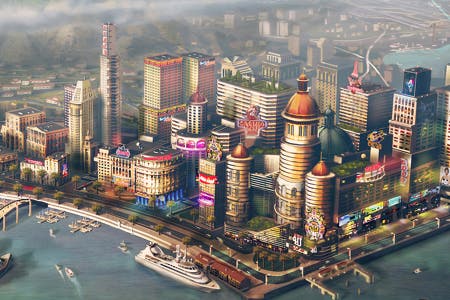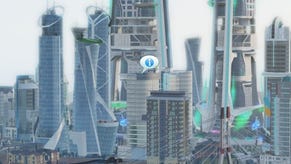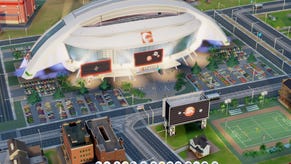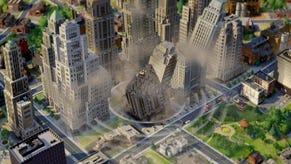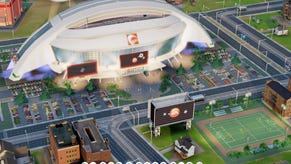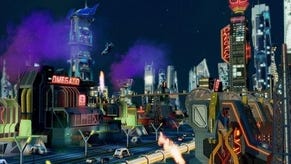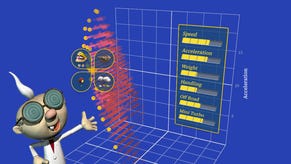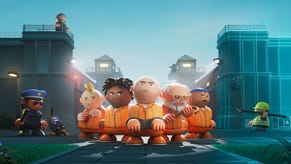EA hopes to keep political ideology out of SimCity
It won't be "an exercise in propaganda", insists developer.
As anyone who's played a SimCity game can likely appreciate, it's a tough ask keeping political ideology and dogma out a gameplay framework founded on juggling geopolitics, social policy and taxation systems.
However, franchise custodian Maxis aims to do exactly that in its forthcoming new entry in EA's long-running town-planning simulator.
Speaking in an interview with Gamasutra, creative director Ocean Quigley explained that the game's success criteria is not based on the player taking a deliberate left or right wing approach to decision making.
"I think that the intent is to make a simulation with enough internal integrity to it that the player can explore those sorts of choices and see what happens," he explained.
"As far as I'm concerned, the goal is to make something that's robust enough that you can push it in all these different directions and get plausible outcomes from it.
"My goal is to try to represent reality with enough fidelity that you can do all sorts of things and there's really no proper way to do it," he continued.
"It's absolutely not to make an ideologically channeled experience where you have to get all pious and make the right environmental choices to win because that would be, frankly, absurd, as a gameplay experience. That becomes an exercise in propaganda, as opposed to giving you a simulation to explore."
That said, Quigley added that it was impossible in some circumstances to not include certain choices that seemingly advance one particular way of looking at the world.
"We can't help but make some choices for the cause-and-effect stuff towards. Like, we have to bind crime to something. People cause crime. Why, you know? We have to do in some cause-and-effect way," he said.
"Our decision that crime is caused by a combination of unemployment and poor education is ultimately a political assertion, right? But we're making it because the player can do something about it and because it's at least parse-able. It at least makes sense."
"But beyond that we are not attempting to encode our ideology into the game and force people to believe what we want them to believe in order to succeed at it. It's a landscape for them to explore. It's a little model world for them to push on and see how it responds. We're not preaching to anybody."
The finished game is due out on PC in early 2013.
